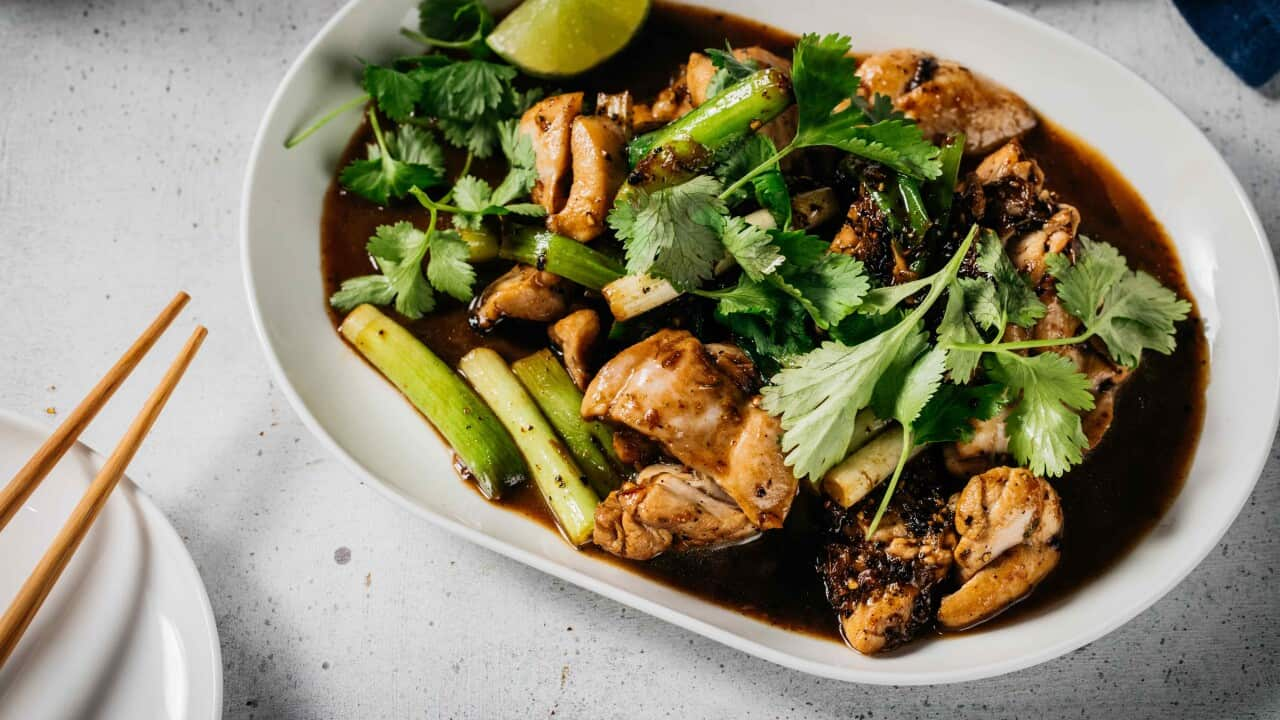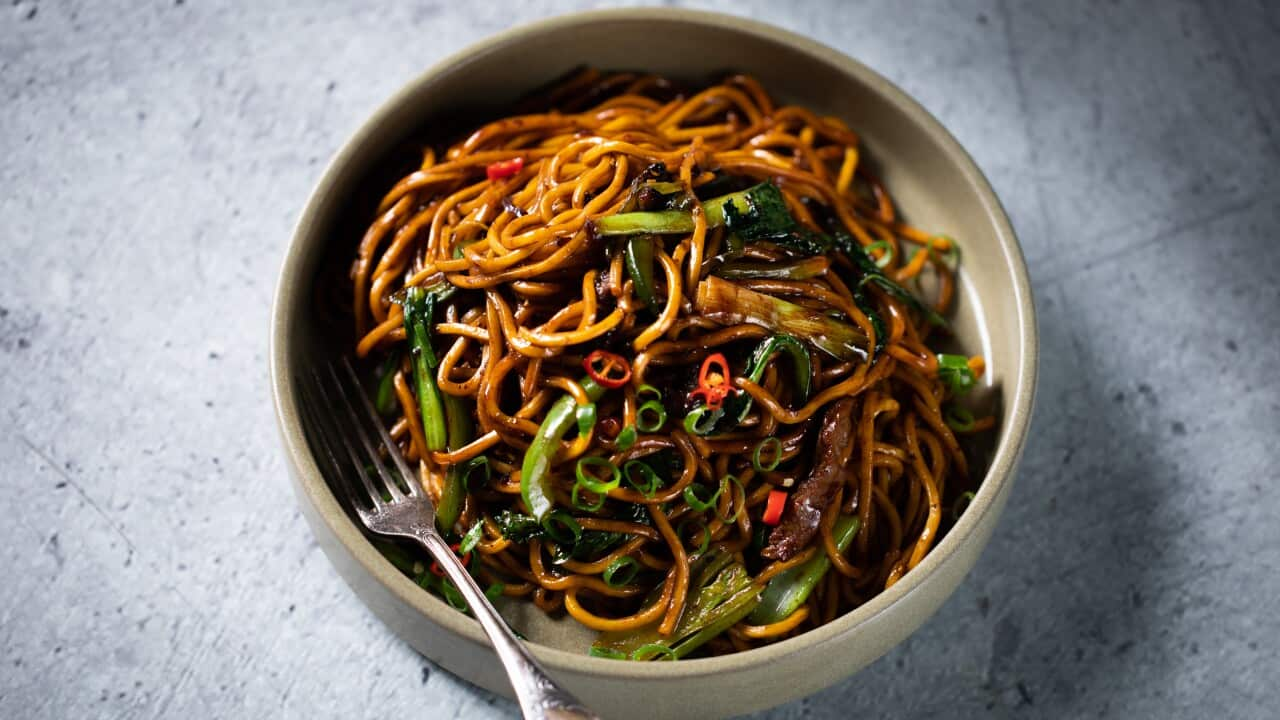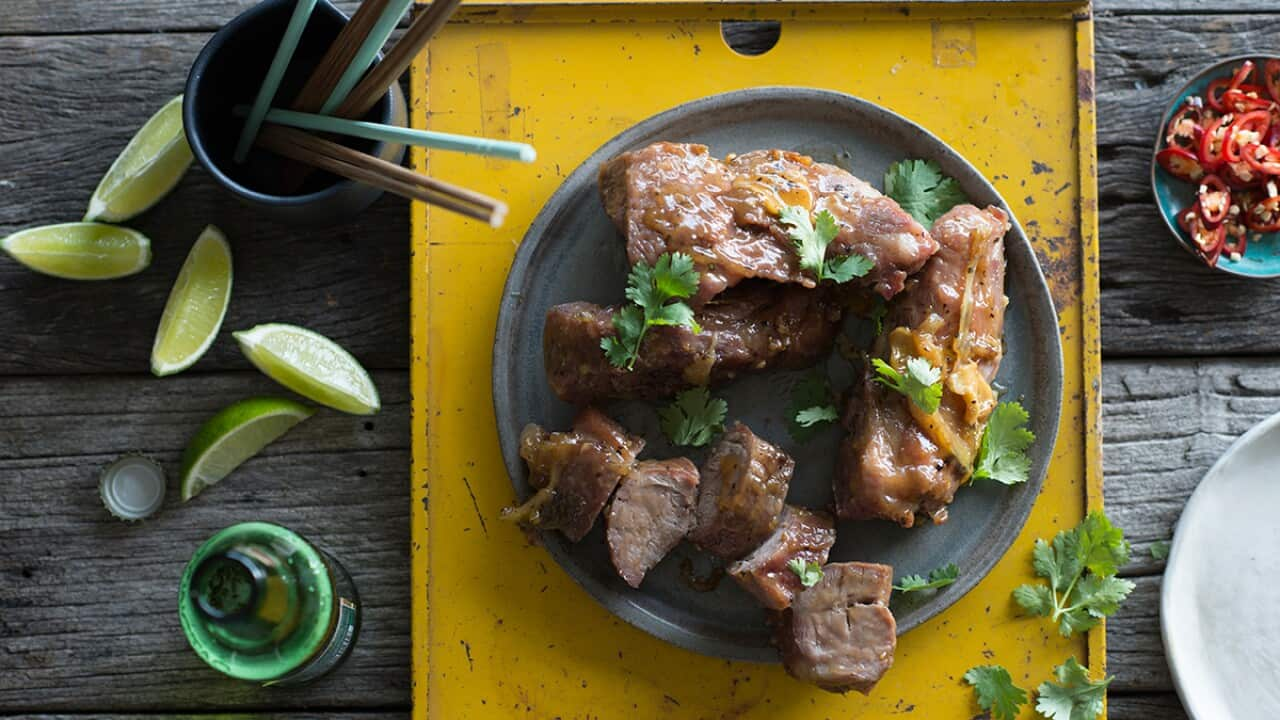Next time you reach for the salt grinder to flavour your meal, consider moving your hand a little to the side and grab the – ground black pepper – instead.
Dried, ground black pepper is the most sold spice in the world, found in most kitchens and dining tables, right next to salt.
It’s also one of the globe’s oldest spices, with historical records dating pepper’s existence back to India 3,000 years ago. Black pepper has maintained an important place as a healing spice in the ancient system of Ayurvedic medicine ever since.
Traditionally believed to have cleansing and antioxidant properties, black pepper is also thought to assist weight loss, boost immunity, provide cold and flu relief and boost digestion.
Despite the spice’s longevity, pepper doesn’t get nearly the same attention in western culture as salt.
However, in many South Asian cultures, this is not the case. , a Sydney-based Accredited Practising Dietitian of North Indian heritage, recalls growing up with great respect for black pepper. She tells SBS its pungent scent reminds her of days spent in the kitchen around her mother who was always grinding fresh pepper.
Black pepper is in almost every dish in Indian cuisine. Spice is life.
“She used to say, ‘don't go near it because you'll sneeze’,” says Grover. “It only takes a second because pepper always goes up your nose.”
Grover reasons that black pepper is celebrated in north and south Indian culture because it has played such an essential culinary role.
“Black pepper is in almost every dish in Indian cuisine,” she says. “Spice is life. Each region in India uses its own spices but pepper is used as the base of most recipes throughout the whole country.”
“If you don't have pepper in a dish, it may taste like something is missing. Pepper is like the base of what makes a dish shine. We are so accustomed to adding salt to our food but there are other ways to add flavour. Pepper is one of them.”
She used to say, ‘don't go near it because you'll sneeze’,” says Grover. “It only takes a second because pepper always goes up your nose.
Health reasons to enjoy black pepper
There are also a number of valid for people who can handle the sharp, mildly spicy flavour of pepper in their cooking.
Most of these benefits stem from a which occurs in high quantities in black peppercorns (note: black pepper is the ground-up peppercorn). Piperine is the reason that black pepper maintains a distinct bite.
Research has shown that piperine possesses are substances that may help to prevent heart disease, cancers and other chronic issues.
“Black pepper is cardio-protective and, like all spices, anti-inflammatory,” says Grover.
Although a lot more study into its properties is needed, some early-stage research suggests that piperine may reduce insulin resistance.
READ MORE

Keep red hot cayenne pepper for kick
Piperine has also been shown to increase the – the pigment found in turmeric. This yellow spice, which is often used with black pepper in Indian cuisine, is also a polyphenol with anti-inflammatory properties. So by using the two spices together, it might be possible to get an extra health kick.
Pepper and its spicy cons
Although black pepper boasts some very interesting benefits, could cause health issues for some people.
Just as piperine may increase the it could also absorb other chemicals, drugs or other things in the body that you don’t want it to. Excessive use of black pepper can lead to and pregnant women should be careful not to consume too much.
Piperine also produces a ‘chemical irritation’ sensation just like chilli. This is why smelling black pepper can irritate the nerve endings in the nasal mucous membrane, causing you to sneeze to excrete irritants. Some individuals will experience irritation more than others.
So while black pepper is a great spice to add to your dishes, it’s always best to exercise caution when contemplating how much to use. Then, as Grover advises, you can celebrate the flavour benefits that come from cooking with black pepper.
“Ground black pepper adds an extra dimension of flavour to your food. When a dish is flavoursome, it’s more likely that you’ll feel satisfied after eating it and won’t crave other foods. So don’t be scared of black pepper as an ingredient. Embrace it.”











